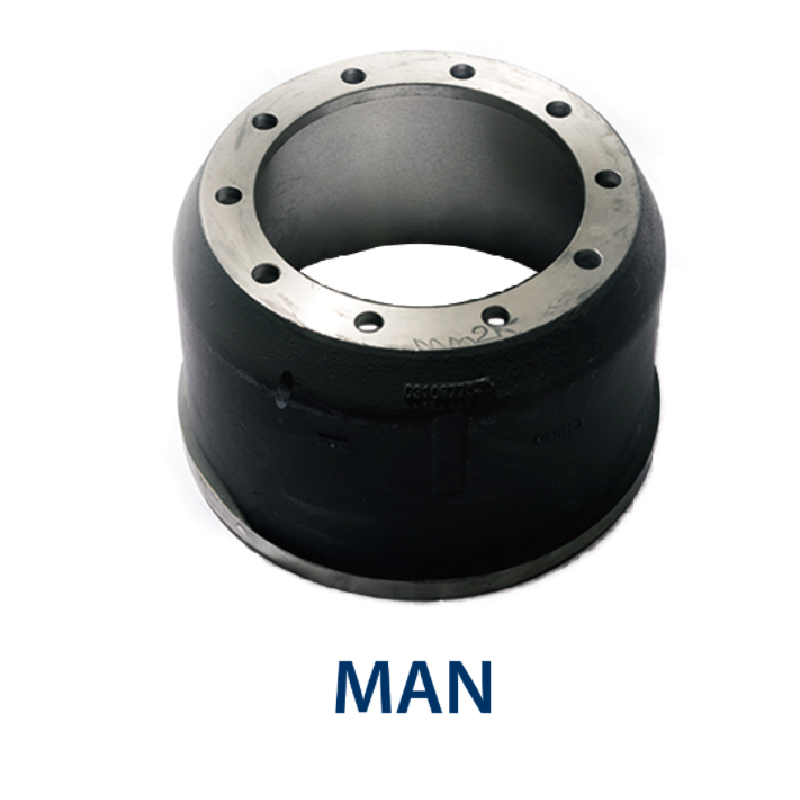lip . 29, 2024 21:35 Back to list
Guidelines for Knowing When to Replace Your Brake Drums for Optimal Vehicle Safety
How Often to Replace Brake Drums A Guide for Vehicle Owners
Maintaining your vehicle's braking system is essential for safety on the road. One critical component of this system is the brake drum, which plays a vital role in slowing down or stopping your vehicle. Understanding how often to replace brake drums can help ensure your vehicle operates smoothly and safely.
Understanding Brake Drums
Brake drums are part of the drum brake system, a type of braking mechanism commonly used in older vehicles and some modern ones, particularly in heavy trucks. The brake drum works in conjunction with brake shoes, which press against the inner surface of the drum to create friction and slow down the car. Over time, brake drums can wear out due to the constant friction and heat generated during braking.
Signs That Brake Drums Need Replacement
Knowing when to replace brake drums is crucial, and several warning signs can indicate that it's time for a replacement. Here are some common indicators
1. Noisy Braking If you hear grinding, squeaking, or a thumping sound when you brake, it may signify that your brake drums are worn out. These sounds can indicate that the brake shoes are not making proper contact with the drum or that the drum itself is damaged.
2. Vibration A noticeable vibration when braking could indicate that the brake drums are out of round or have uneven wear. This vibration can affect the vehicle's handling and stability.
3. Decreased Performance If you notice a longer stopping distance or a lack of responsiveness when you apply the brakes, it may be time to inspect the brake drums. Over time, worn drums can reduce the effectiveness of the braking system.
4. Visual Inspection Regular inspections can help catch issues early. Look for cracks, deep grooves, or discoloration on the brake drums. If you see significant wear, it’s advisable to replace them.
Frequency of Replacement
how often to replace brake drums

The frequency of brake drum replacement can vary significantly based on several factors, including driving habits, vehicle type, and environmental conditions. Generally, it’s recommended to inspect brake drums every 12,000 to 15,000 miles, but the actual replacement might not be necessary until much later.
For most vehicles, brake drums can last anywhere from 30,000 to 70,000 miles under normal driving conditions. However, heavy use—such as frequent towing, aggressive driving, or driving in hilly terrain—can lead to increased wear, necessitating earlier replacement.
Maintenance Tips
To extend the life of your brake drums, consider the following tips
1. Regular Inspections Have your braking system, including drums and shoes, inspected during routine maintenance or if you notice any of the warning signs mentioned earlier.
2. Avoid Overloading Excessive weight can put additional strain on your braking system. Always adhere to your vehicle's recommended load capacity.
3. Smooth Driving Practice gradual braking rather than hard stops whenever possible, which can reduce wear on the brake components.
4. Quality Parts When replacing brake drums, opt for high-quality parts that meet or exceed manufacturer specifications. Investing in good-quality components can enhance performance and longevity.
Conclusion
Replacing brake drums at the appropriate time is crucial for your vehicle's safety and performance. By paying attention to the signs of wear and scheduling regular maintenance checks, you can help ensure that your braking system remains in optimal condition. Remember that proactive maintenance is key; replacing worn-out brake drums before they lead to larger issues can save you time, money, and potential accidents in the long run. Always consult with a qualified mechanic if you’re unsure about the condition of your brake system.
-
Brake Drum Man - High-Quality Drum Brake Drums & Brake Shoes for Reliable Performance
NewsJun.24,2025
-
High-Quality Brake Drum Kamaz – Durable Drum Brake Drum & Brake Shoe Replacement
NewsJun.10,2025
-
High-Quality Brake Drum Liza for Drum Brake Systems - Superior Durability and Performance
NewsJun.10,2025
-
High-Quality Brake Drum Kamaz – Durable Drum Brake Drum & Brake Shoe Solutions
NewsJun.10,2025
-
Durable Kamaz Brake Drums High-Performance Truck Parts
NewsJun.09,2025
-
Premium Brake Drum Maz Kit with Shoes Enhanced Braking
NewsJun.09,2025
